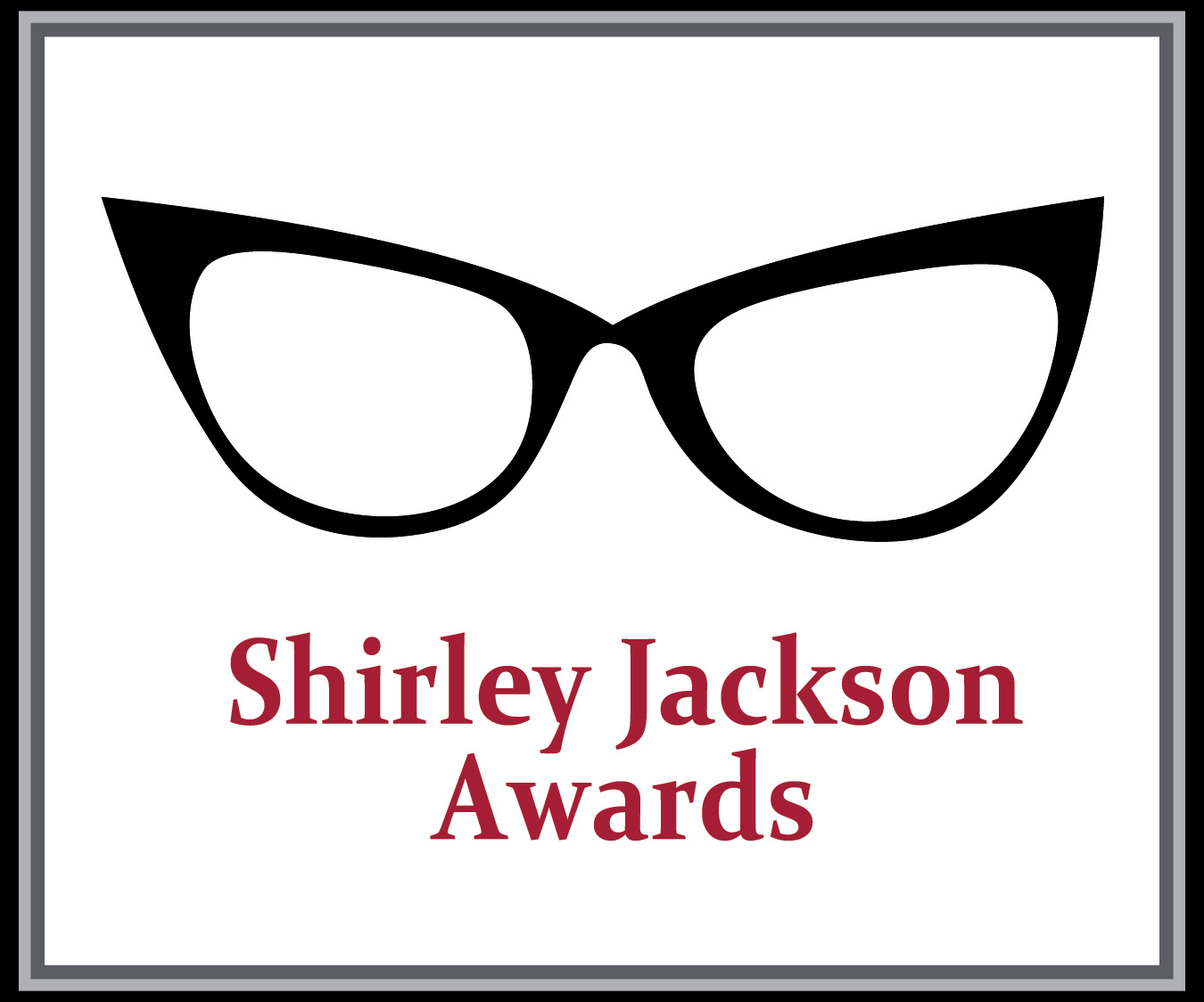Kate Bernheimer
Hi! Thanks for agreeing to do the interview. What’s the appeal of fairy tales for you?
Fairy tales are possibility spaces; they create new openings, fresh ways of considering the world. Fairy tales cross false boundaries of genre and time and belong to no one. They practice free love, lending themselves to all sorts of readers and writers.To me, they’re sublime.
What was your criteria in selecting the stories and contributors for your My Mother She Killed Me, My Father He Ate Me: Forty New Fairy Tales?
My editor at Penguin, John Siciliano, was amazing to work with because he pretty much gave me free reign—of course we talked a lot about what we wanted the book to feel like but then he sent me free in the fairy-tale woods (or to the wolves!). The criteria were many—often they felt, at midnight, like a crazy puzzle I had to and never could solve. I wanted the collection to convince the National Book Foundation to remove their stated exclusion, in the National Book Award rules, of fairy-tale retellings. I wanted the stories—the bulk of them written upon invitation by me—to break the stereotypes about fairy tales as princess-gets-married stories and turn new readers on to its great incredibly adaptive techniques. I wanted to satisfy those readers who already knew and loved fairy tales well. I wanted to make a humpty dumpty of a book that would seem at once thrilling and incomplete. I wanted stories that created momentum for fairy tales—one of the criteria was that the book feel like a beginning. I wanted very much that there would be something for everyone in the collection. Most of all I needed to try to include work that would inspire readers to read more fairy tales however I could. We need more people to read the old versions and cut the clichés. The book quickly grew to 600+ manuscript pages, and I just had to stop; I get letters nearly each day from authors hoping to be in the next collection I do. This means they’re reading fairy tales—so I think that my criteria were met.
You have a vast repertoire, whether it’s writing fiction in various mediums and nonfiction. What’s the appeal of editing an anthology for you and what kind of satisfaction does it stimulate in you?
I just deleted most of an answer in progress by accident, but the remains sort of makes a nice answer: “Ogres and bliss.” All of the work that I do comes through the lens of a practicing fairy-tale author—whether it’s writing a trilogy of novels for grown ups, a children’s book, the text for a comic, an essay, or an introduction to an art book or one of my own edited books. The medium, that is, is constant: the medium is fairy tales. Editing an anthology—which means soliciting new work from all sorts of strangers—is a beast, but a beast that I love and the work of it is an essential part of the fairy-tale tradition. Ogres and bliss. I get to read all these new fairy-tale works and talk to writers about fairy tales and read and research the old fairy tales and then all of this absolutely terrifies and enchants me when I turn to my own writing. I find nothing more satisfying or surprising than the fact that I get to communicate with the medium of fairy tales as my mode of employment. It’s like a gigantic séance each day with different guests at the table. It’s like living in the unfinished Shirley Jackson novel Come Along with Me.
Please help support the Shirley Jackson Awards. Click here for details.
